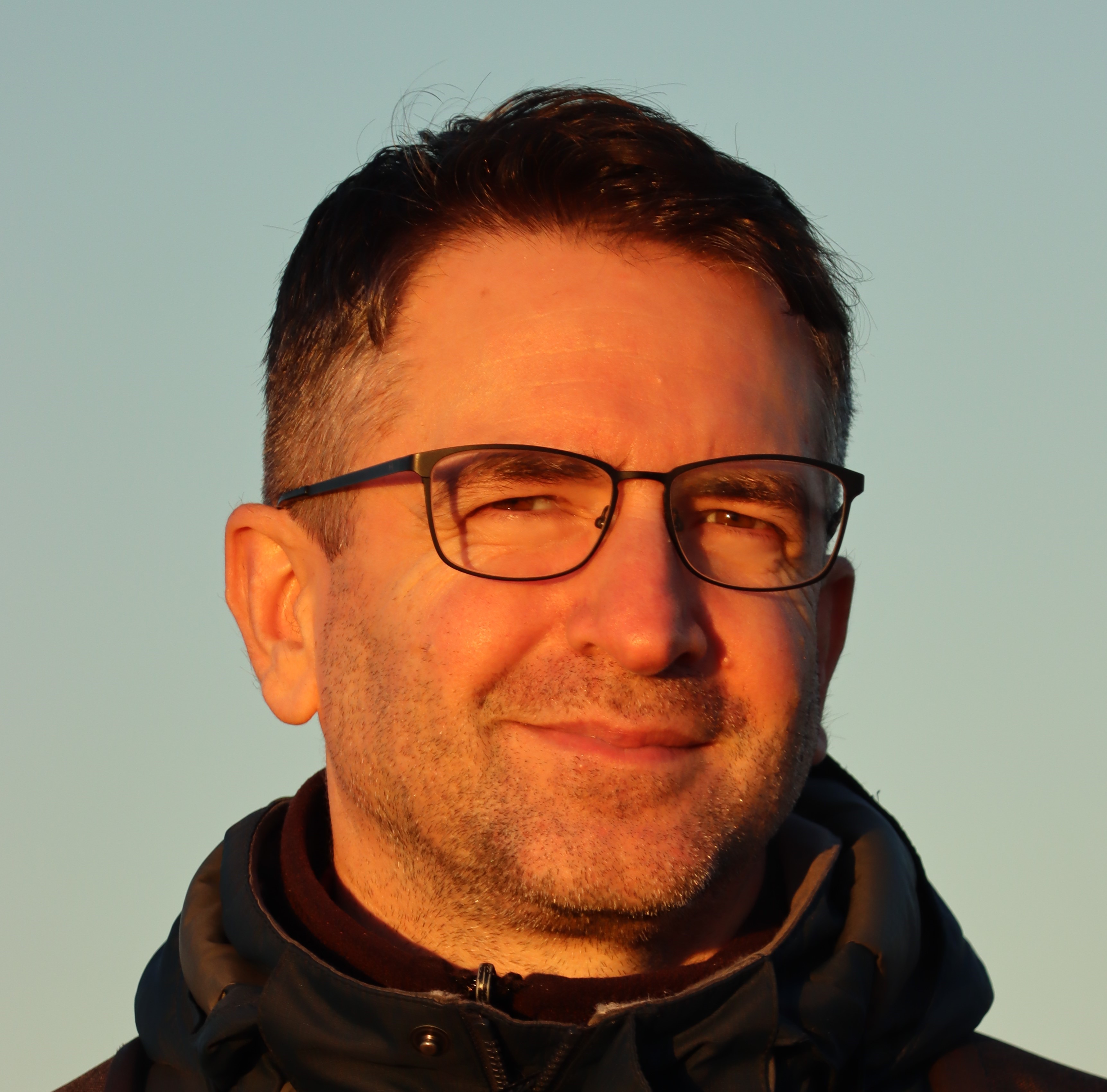Sándor Csete - MATE Research
Overview
Sándor Csete is an assistant lecturer at the Department of Nature Conservation of the Institute for Wildlife Management and Nature Conservation. His research focuses on the biology of rare plant species as well as on the process of vegetation organisation in both semi-natural environment and secondary succession. His expertise lies on dry grassland regeneration, the effect of global climate change on vegetation processes, and the impact of conservation interventions on wetlands and forests.
Research keywords:
Publications
Bartha, Sándor ; Szabó, Gábor ; Csete, Sándor ; Purger, Dragica ; Házi, Judit ; Csathó, András István ; Campetella, Giandiego ; Canullo, Roberto ; Chelli, Stefano ; Tsakalos, James Lee et al. High-Resolution Transect Sampling and Multiple Scale Diversity Analyses for Evaluating Grassland Resilience to Climatic Extremes LAND (BASEL) 11 : 3 Paper: 378 (2022) https://doi.org/10.3390/land11030378
Projects
LIFE17NAT/HU/000577; WISEDRAVALIFE (2018-2023) Wise water management for the conservation of riverine and floodplain habitats along the Drava River. Contributor.
WISEDRAVALIFE aims to improve the conservation status and resilience of the three riparian habitats - alluvial forests, water courses and alluvial meadows - on the Croatian-Hungarian stretches of the Drava river. The project will take action to improve the water regime and biodiversity of the riparian forests, restore habitats and control invasive alien species. It also aims to apply new approaches to combat riverbed degradation. Through its work, WISEDRAVALIFE will contribute to the implementation of EU legislation, namely the Birds, Habitats, Water Framework and Flood directives.
EFOP-3.6.2-16-2017-00014 (2017-2021) Assessing the impact of light pollution on nature conservation. Contributor.
Light pollution is one of the lesser known forms of environmental harm, and should be given as much attention as other sources of pollution. Light affects plants, animals and, similarly, humans. Even a small amount of light at the wrong time can disrupt the internal clocks of living organisms, the production of hormones, or even adversely affect the whole ecosystem. Predator-prey relationships may be disrupted and nocturnal species may increasingly lose their habitat.
International collaborative research has included a wide range of studies on the effects of light pollution, assessing the light pollution status of Hungary. The technical activities supported by this call are structured around two main strands:
(1) the continuation of international and national light pollution surveys,
(2) the establishment of a model street lighting project.
LIFE13 NAT/HU/000183; RAPTORSPREYLIFE (2014-2018) Securing prey sources for endangered Falco cherrug and Aquila heliaca population in the Carpathian basin. Contributor.
The RAPTORSPREYLIFE reinforced on-going efforts to strengthen the European core populations of Saker falcon (Falco cherrug) and Eastern imperial eagle (Aquila heliaca) in Hungary and in Romania. Their main prey species are also rare or vulnerable, so project actions were implemented to ensure their long-term survival. Important data were collected and evaluated to enable a better understanding of the conservation status of the small mammal prey species of the raptors, including information on population numbers and trend, habitat preference, genetics and health status.The project beneficiaries updated the distribution maps of the raptors prey species European ground squirrel (Spermophilus citellus), common hamster (Cricetus cricetus), the blind mole rat Nannospalax (leucodon).





